Multisystemic Therapy
Multisystemic Therapy (MST) is a family-centered and community-based treatment in Erie County that teaches and supports parenting techniques that discourage adolescent truancy, disrespect, violence, and substance abuse.
To be eligible for MST services, the adolescent (male or female) must:
Be 12 to 17 years of age
Be residing in a family setting with a caregiver, or returning home after any type of placement in Erie County
Have a caregiver who is willing to participate
Have active Medical Assistance coverage
Be exhibiting chronic, delinquent, or external problem behavior such as verbal or physical aggression, truancy, property destruction, being in places he/she does not have permission to be, curfew violations, or behaviors that have resulted in or on the trajectory of involvement with the court system/district magistrate/Juvenile Probation.
If the youth is receiving outpatient services, partial hospitalization, or specialized treatment, the mental health professional working with the adolescent must be in agreement with the referral to MST and provide information found on the MST Referral Form. Completed forms can be faxed or mailed to:
Norm Stanford, Program Director
Harborcreek Youth Services
5712 Iroquois Avenue
Harborcreek, PA 16421
Cell: (814) 440-8742
Desk: (814) 899-7664, extension 311
Fax: (814) 899-3075
Admissions, provision of services, and client referrals are made without regard to race, color, religious creed, disability, ancestry, national origin (including limited English proficiency), age, or sex.
MST Program Procedures
MST delivers intensive home-based services via professional mental health therapists who are fully trained in MST and are supported by weekly supervision and telephone consultation with an MST expert.
Within the MST model, the therapist:
Conducts comprehensive functional assessments of adolescents in the context of their families, peer group, school, and neighborhood
Seeks to understand the factors that drive the adolescents' problem behaviors
Empowers parents to effectively address their children's needs
Enables families to build supportive social networks in their communities
Emphasizes long-term change that continues after MST involvement ends
MST differs from conventional therapies in the following ways:
MST therapists are available 24 hours a day, seven days a week
Services are provided in the home, school, neighborhood, and community
Treatment is intensive and often includes two or three visits every week with family and others
The average length of treatment is three to five months
MST Program Goals
MST equips parents with the skills and resources needed to independently address the problems that arise while raising teenagers.
In addition, MST helps adolescents meet challenges posed by family, peers, school, and neighborhood. Within the context of support and skill-building, the therapists place developmentally appropriate demands for responsible behavior on the entire family.
For MST to be successful, it is crucial that caregivers commit to meeting with the therapist on a regular, consistent weekly basis, which research has shown to be the key for caregivers learning and using evidence-based interventions. This results in the caregivers displaying the principles of increased responsibility and positive and strength-based responses, while being present-focused, action-oriented, and providing a continuous effort, ultimately resulting in a decrease of the frequency and intensity of the problem behaviors.
MST Program Outcomes
Over $10 million of rigorous, scientific evaluations of MST have shown:
Reductions in long-term rates of criminal offending by serious juvenile offenders
Reductions in out-of-home placements for serious juvenile offenders
Significant improvements in family functioning
Decreased need for services following MST treatment
Cost savings when compared to conventional mental health and juvenile justice services
MST Program Strengths
Because the MST therapist works with youth and families in their homes, the therapist can accurately identify factors in the peer group, school, and neighborhood that contribute to the problem behaviors. In addition, MST therapists build on strengths in the youth's environment and use those strengths to produce positive changes for adolescents and their families.
Parent Feedback
"I learned how to put behavioral management in place."
"MST was a very good support."
"She knew she had limitations and rules."
"Without MST it would have been a lot worse; it helped me understand her and her behavior."
"MST helped me take control of the house."
"We want to thank you guys a lot! You helped us learn how to handle her out-of-control behaviors. The difference from other services that we had in the past is that you taught US, rather than just HER!"
"The therapist was just great! I would recommend MST to any parent having these problems with their teens' behaviors...it helped with ALL the kids in the home, not just Ray [our son]."
“Our therapist has been a GREAT help to our family. We so appreciate all the help and support.”
Need More Information?
For more information, please contact Norm Stanford, MA, Director of Community Programs, at (814) 440-8742.
Multisystemic Therapy (MST) is presented in partnership with Adelphoi Village. Our mission is as follows: Using Sanctuary practices and principles, we help youth and families overcome adversity and build positive futures within a safe, Christian environment that respects and promotes individuality and strengthens community. Harborcreek Youth Services is accredited by the Council on Accreditation (COA).



